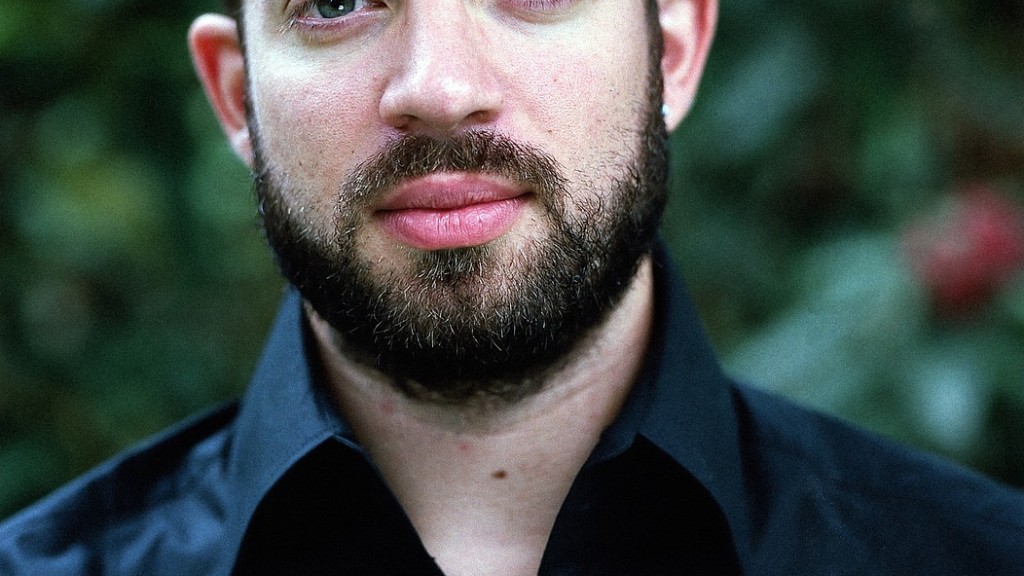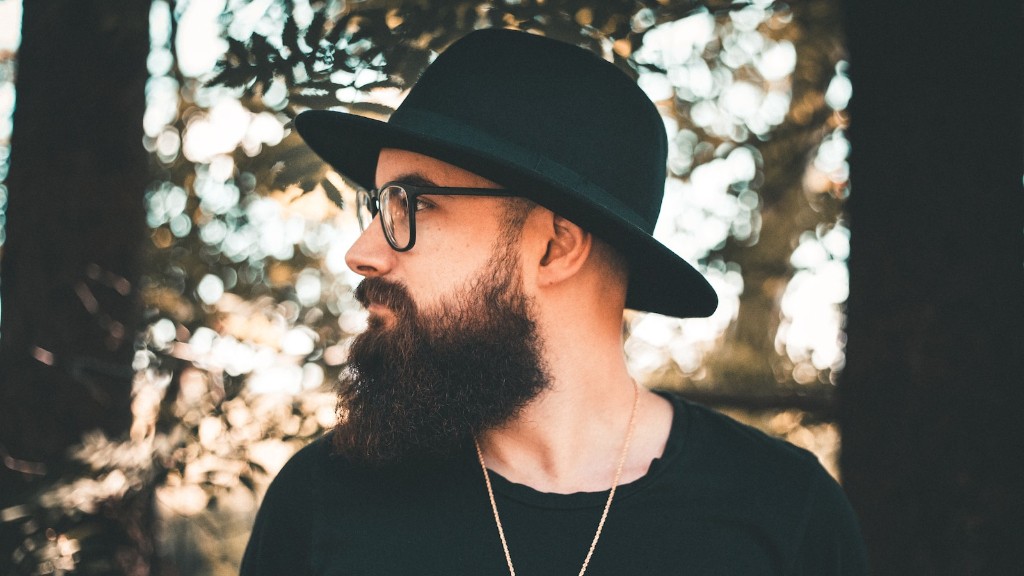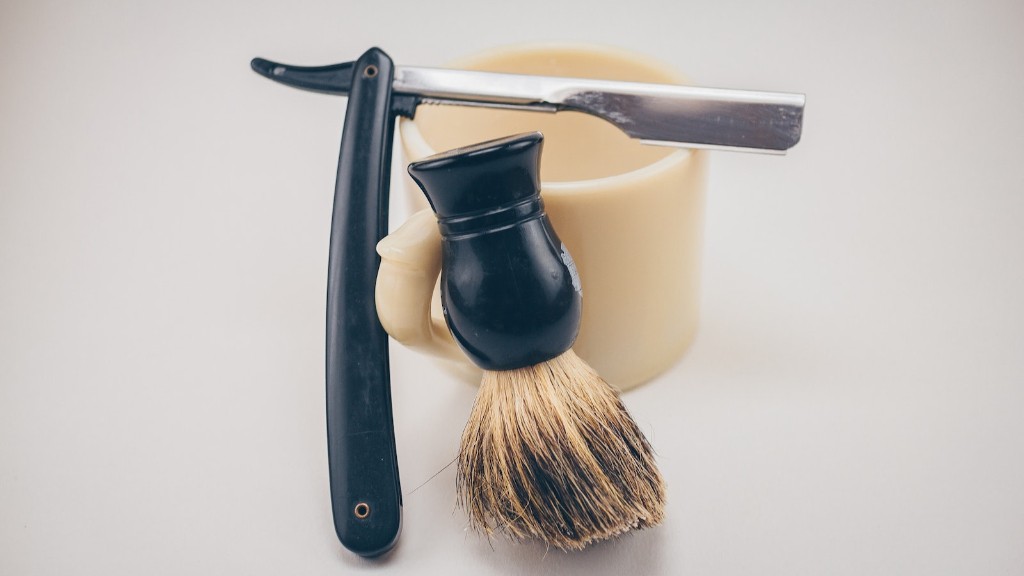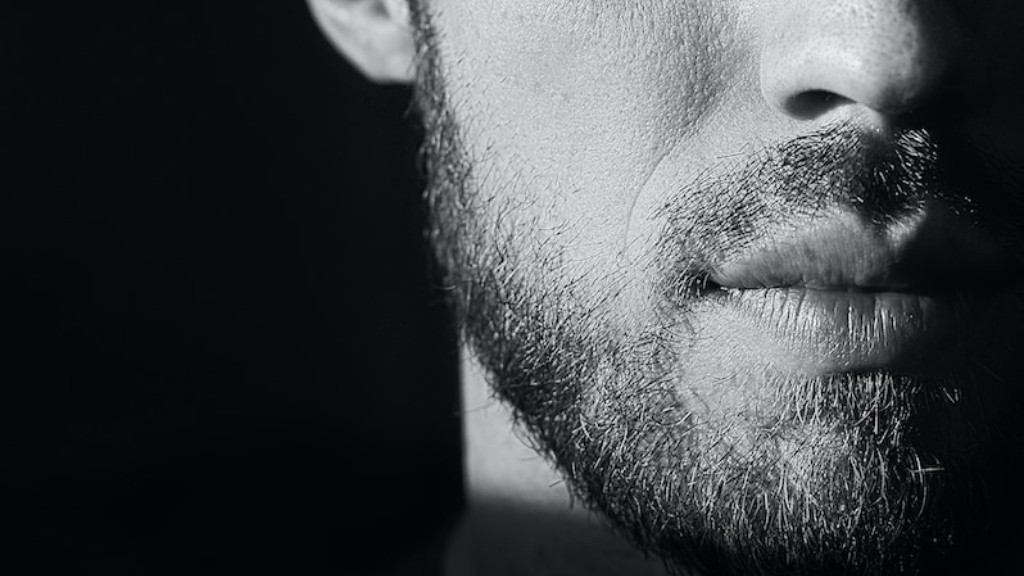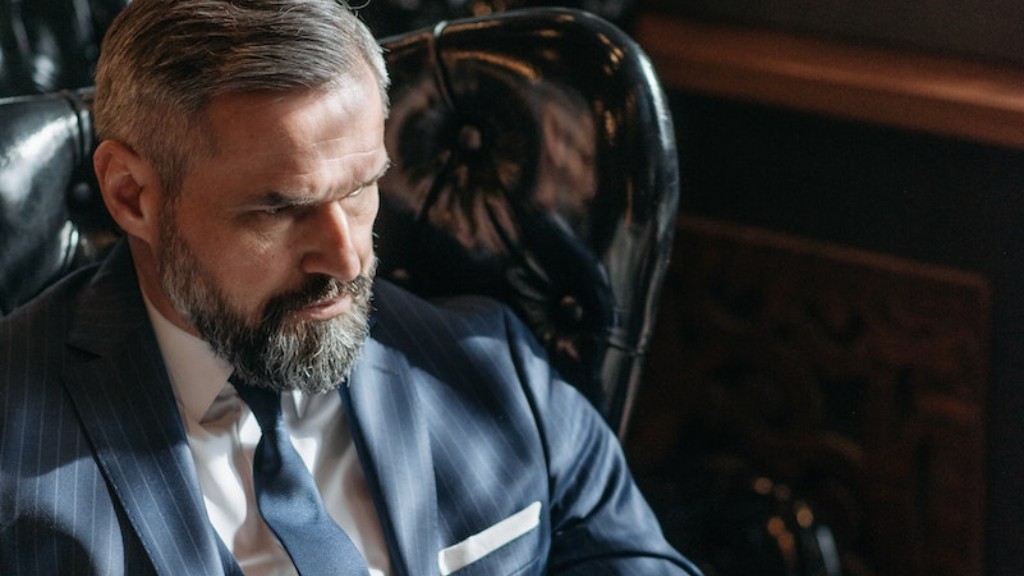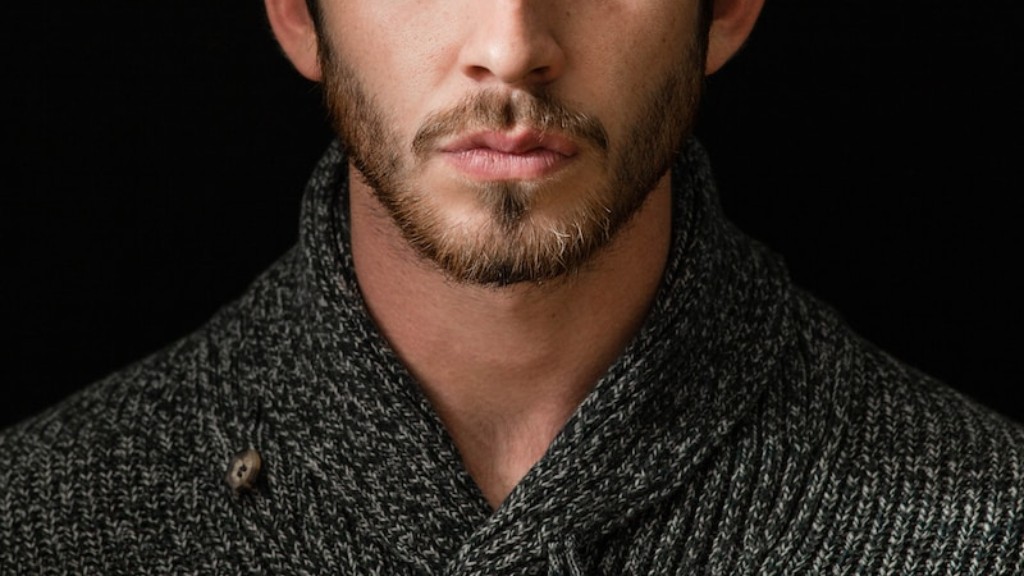Some people might think that a correctional officer wouldn’t be able to have a beard, but that’s not the case. As long as the beard is neatly trimmed and doesn’t interfere with the officer’s uniform, there’s no problem. In fact, having a beard can even be an advantage. Beards can help protect an officer’s skin from the harsh chemicals that are used to clean inmate cells.
There is no definitive answer to this question as it depends on the policies of the specific correctional facility where the officer works. Some facilities may allow officers to have beards while others may not.
Can a male have long hair as a correctional officer?
The reason for this is that long hair can be used to grab and pull an officer, which can be dangerous in a scuffle or fight. It’s also a safety issue in terms of wearing a helmet or other protective gear. We want to make sure our officers are as safe as possible.”
The California Department of Corrections has recently implemented a new policy requiring all staff members to shave their facial hair, regardless of any religious or medical reasons they may have for keeping it. This policy change has been met with criticism from civil rights advocates, who argue that it disproportionately impacts racial and religious minorities like Sikh and Black Americans. While the department claims that the policy is necessary for safety and security reasons, critics say that it is an arbitrary and discriminatory rule that does nothing to improve safety.
Can correctional officers have tattoos on face
Yes, you can have tattoos and piercings, as long as they are not gang related or obscene. Don’t wear jewelry in piercings per policy and for safety.
The county employs 45 corrections officers and 18 deputies, he said. Even though employees are being allowed to grow beards and goatees, they are required to keep them “trimmed and neat,” Devlin stressed. “At no time (can facial hair) be longer than one inch when extended straight out from the skin surface,” he said.
What is the oldest age to be a correctional officer?
This is an age restriction for applicants for federal law enforcement positions. Applicants must not have reached their 37th birthday at the time of appointment, unless they have previously served in a federal civilian law enforcement position covered by special civil service retirement provisions (including early or mandatory retirement).
Ballistic-resistant body armor is the most widely used by street-level police officers in the United States. This type of body armor protects against blunt force firearm trauma. Stab- and slash-resistant body armor is often the choice for correctional officers. This type of body armor protects against knife attacks.
Can you have a beard in the State Department?
If you are going to wear a beard or mustache, it is important to keep it well-groomed and neatly trimmed at all times. The bulk of the beard or mustache should not extend more than half an inch from the skin of the face, unless required for medical or religious reasons.
Men are allowed to shave in jail. Those in max usually have to check out an electric razor which is disinfected after each use. The other custody levels can either buy an electric razor or a disposable razor through commissary.
What will disqualify you from being a correctional officer in California
If you are trying to determine if you are eligible for a job that requires a background check, and you have a Class B misdemeanor conviction from within the past three years, unfortunately you would not be eligible for the position. In addition, if you are currently on probation for any criminal offense or have any criminal charges pending or an outstanding warrant, you would also not be eligible.
The Thin Silver Line is representative of Corrections Officers. The color Gray was chosen to symbolize the color of handcuffs and/or jail cell bars. The Thin Gray Line is meant to include all agents within the justice system such as, Jailers, Bailiffs and Parole Officers.
What do correctional officers wear?
The National Institute of Justice Standard 011500 is the government’s official standard on stab-resistant body armor. This standard is incredibly popular among correctional officers, as their unique circumstances (compared to police officers) require this level of protection. This standard ensures that any body armor purchased by correctional officers will provide them with the highest level of protection possible.
Tattoos have been a growing trend over the last decade. Many people view them as a way to express themselves and their individuality. However, there are some careers where tattoos are not allowed, or at least not visible. Here are some careers where tattoos may not be allowed:
Healthcare Professionals: Many hospitals and medical offices require some piercings and tattoos be removed or covered. This is for the safety of the patients and to maintain a professional appearance.
Police Officers and Law Enforcement: Tattoos can be a distraction or give the wrong impression to the public.
Law Firms: Many law firms prefer their employees to have a clean and professional appearance.
Administrative Assistants and Receptionists: These jobs often require frequent contact with the public. Having a visible tattoo can be a deterrent for some people.
Financial Institutions and Banks: These businesses often have a strict dress code that does not allow for visible tattoos.
Teachers: Tattoos can be a distraction in the classroom and may not be appropriate for younger students.
Hotels / Resorts: These businesses want their employees to have a polished and professional appearance.
Government: Many government jobs require employees to have a clean and professional
Why can’t cops have beards
It is important for police officers to have a clean-shaven face for a few reasons. First, it gives them a more professional appearance. Second, it can help with officer safety. A beard can make it more difficult for an officer to put on a gas mask, for example. Lastly, the public may view officers with beards as being unkempt.Appearances and safety are two of the most important reasons why police officers shave.
Correction officers in New York are entitled to carry guns on the street, whether they do so on the job or not. This is a rare entitlement in New York, and it is difficult to know what the officers are taught in terms of gun safety due to a lack of a policy guide on the Department of Correction website.
Are correctional officers considered law enforcement in New York?
Corrections officers are indeed law enforcement officers. They work within the criminal justice system to protect the public and ensure that those who have been convicted of crimes are held accountable for their actions. Corrections officers play a vital role in maintaining safety and order in our communities.
Correctional Officers have a tough job. They are responsible for the safety of inmates and staff in a correctional facility. The average life expectancy of a Correctional Officer in the United States is 59 years compared to the national average of 785 years. Some of the contributing factors to this shortened life expectancy are PTSD, stress, violence and lack of feeling safe.
Final Words
There are no explicit rules forbidding correctional officers from having beards, so long as the beard is well-groomed and does not present a safety hazard. However, some correctional facilities may have more strict grooming policies that ban all facial hair.
It is possible for a correctional officer to have a beard, but it may not be allowed by the department or institution in which they work. There may also be hygiene concerns that come with having a beard in a job that involves close contact with inmates.
